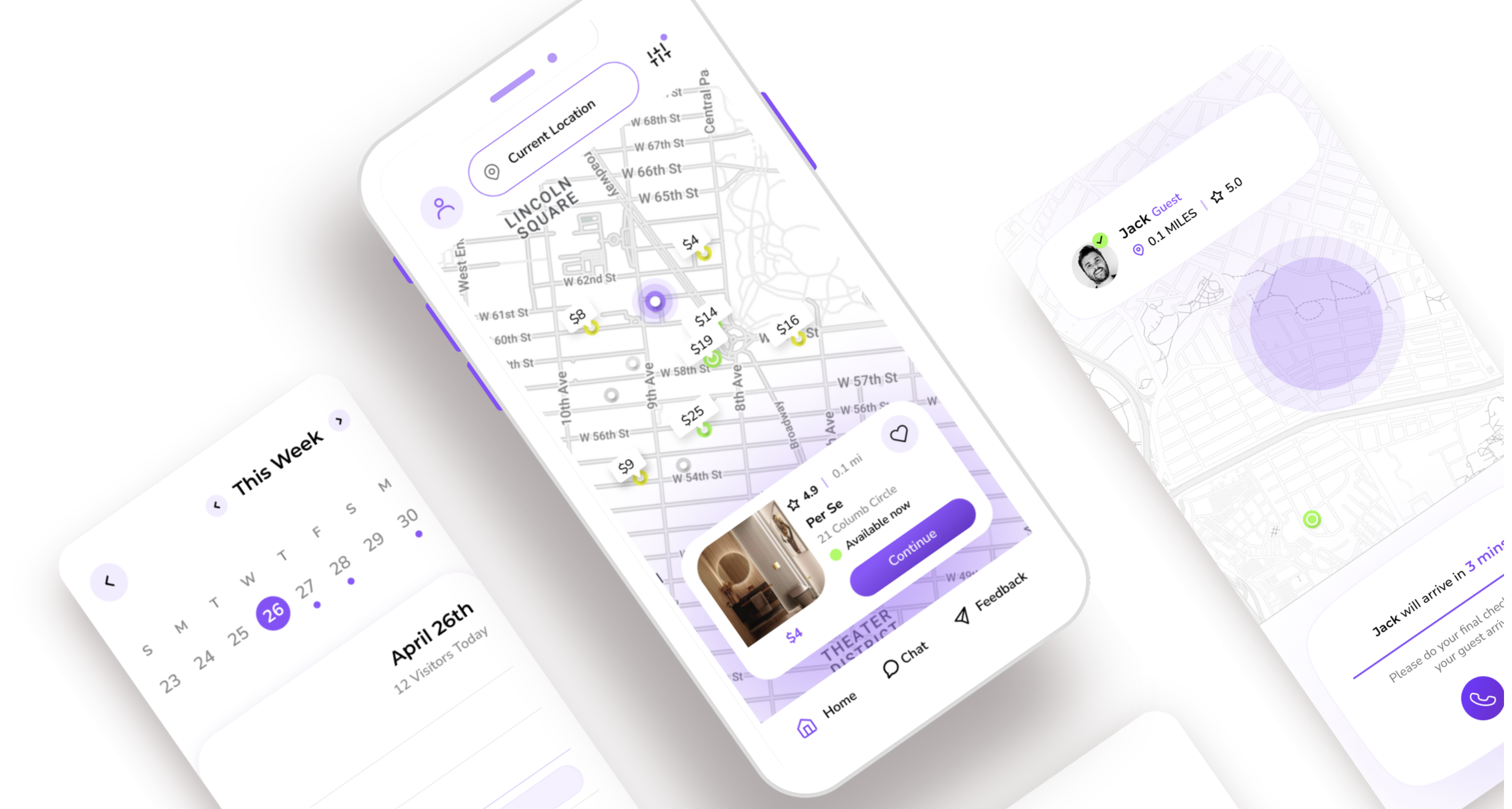Since the 1970s, the U.S. has banned pay toilets, allowing people to access free public restrooms almost anywhere they go. However, depending on the location, these bathrooms may not be plentiful or well-maintained. To address this issue, developers and entrepreneurs have come up with different solutions and created a Flush App named Otea App.
Otea App is launched at CES 2024 with a mission to rent out restrooms in cafes, restaurants, hotels, and other high-traffic areas. Their technology will enable customers to securely access these existing business-owned bathrooms with a mobile app.
“I was on a diuretic that day and knew I was in trouble. That’s when I decided that I needed to build an app to help me and others avoid this kind of situation.” Founded by USC computer science graduate Elle Szabo, Otea originated from her own frustrating experiences trying to locate public restrooms while on a diuretic medication.
In an email interview, Szabo recalled the day she went out for dinner and drove to Pasadena, where she knew there would be no open bathrooms. Faced with this dilemma, she decided to create an app to help herself and others avoid similar situations.
I forced the car to stop at the nearest building, which happened to be a hospital. I wondered how many other people had the same problem as me with this medication.
Otea provides a rating system for providers to evaluate restroom reservations and is exploring insurance to compensate businesses for any damage caused by guests. Szabo remarked that Otea enables coffee shops and cafes to create a new revenue stream without increasing overhead.
Otea not only offers an additional source of income, but it also provides a novel way of gaining new customers without the need for additional advertising.
I did not grow up in a country where I had to pay for the toilet, so I would find it difficult to adjust to this. Even Europeans might be hesitant, since fee-based toilets in countries like Italy are usually much cheaper, costing around one euro. In some situations, like a diaper change, I can see why someone might be willing to pay Otea’s fee, especially if there are no other options nearby.
Szabo acknowledges that the idea has not been met with wild success before, but still envisions businesses creating Otea-exclusive entrances that let customers bypass lines and cover charges (imagine a busy bar or club). This has some appeal. Previously, Good2Go partnered with local businesses to rent out their bathrooms, charging a subscription fee that it split with owners. However, the idea has not been successful.
Good2Go secured early high-profile customers like Peet’s Coffee and raised a $7 million seed funding round, but eventually pivoted away from renovating restrooms for businesses to selling general door access control tech after their original model proved unprofitable. Restpace, another bathroom rental service, is thriving by charging customers on a per-minute basis (e.g. $15 for 15 minutes), which may prove more lucrative than Otea’s model.
Users of Otea can view pictures of bathrooms before booking and read reviews. Initially launching in Pittsburgh, the founder, Szabo, is still considering the logistics of figuring out who has purchased access to each bathroom and who is next in the queue. To ease this process, Otea is considering buying smart locks to let users self-service, however, Szabo has not yet committed to this solution.
Platforms like Otea App, however, have the potential to limit access to those who can’t pay the fee, creating a two-tiered system of access to a basic human right: sanitation.
Szabo sees it differently. “The issue of homelessness is growing, and some providers fear that a homeless individual could damage or dirty the bathroom,” she stated.
“Otea App offers a way to have access to and give access to a clean, dependable restroom. Airbnb became so successful because it offers something we all need – a place to stay – and Otea intends to do the same with bathrooms.” Szabo is solely running and coding Otea and is self-financing it at the moment.
Related: Find out more on New Mobile Apps
They are signing up businesses and lining up investors (hence the media tour at CES), and they plan to hire an employee this year.


